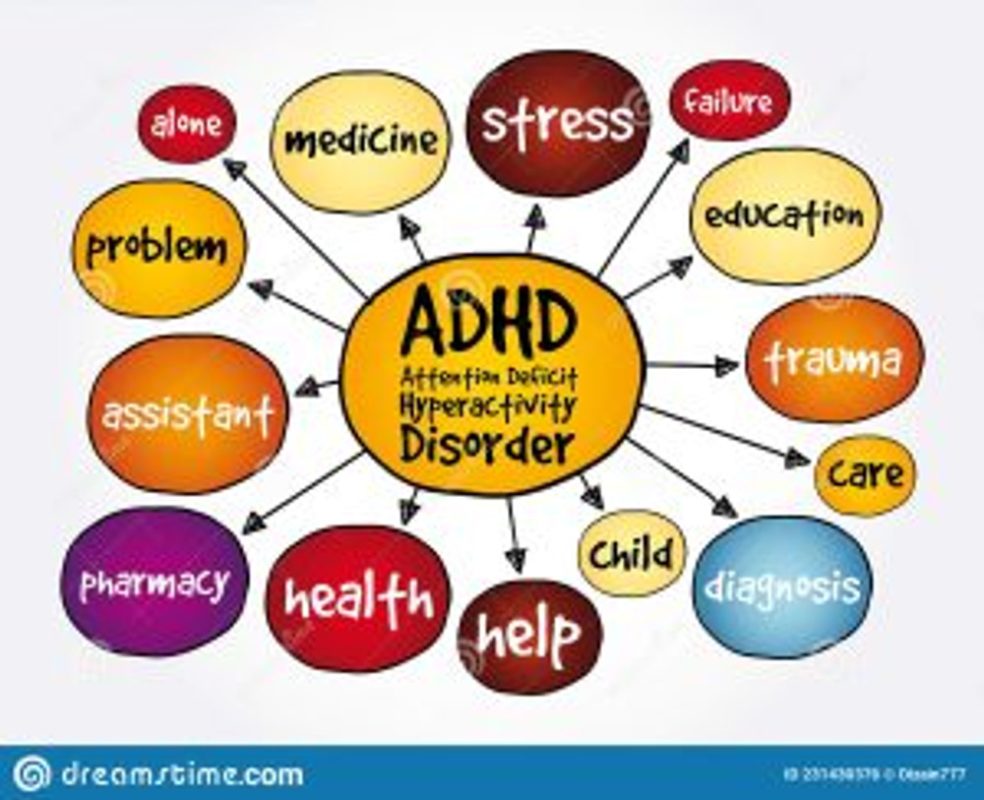Balance Work and Health: Prioritizing Wellness in a Busy World

Finding the right balance between career and health in today’s fast paced, demanding world is crucial to your overall well-being. Many people find it difficult to achieve this balance and often prioritize their careers at the expense their health. This comprehensive guide will help you balance work and health, and give you practical strategies for prioritizing your wellbeing in a busy schedule.
Work-Life balance is important
For several reasons, achieving a harmonious balance between work and life is important.
Physical Health: Constant work-related stress can cause physical health problems, such as high blood pressure and cardiovascular disease, or a weakened immune system.
Mental Health: Neglecting your personal time can lead to burnout, depression, and anxiety. For mental health and resilience, maintaining a healthy balance is crucial.
Productivity and Creativity – Overworking can reduce productivity and creativity. Regular breaks and relaxation encourage a more innovative and productive mindset.
Work-Life Balance: This allows you to maintain healthy relationships with your family and friends and contributes to emotional well-being.
Personal Growth: Taking time to pursue hobbies, personal interests and learn outside of the workplace enriches life and promotes growth.
Balance Work and Health: Practical Strategies
Here are some practical strategies that will help you manage your busy schedule and prioritize your health while maintaining a healthy lifestyle:
Set Boundaries:
Set clear work hours: Defining your working hours is important. Stick to them as much as you can. These boundaries should be communicated to superiors and colleagues.
Limit after-hours work: Do not constantly check your emails or take calls related to work during personal time. If necessary, set specific times for these activities.
Time Management:
Prioritize Tasks – Use time management techniques like the Eisenhower Matrix to prioritize tasks. Focus on what really matters.
Delegate when possible: When you can, delegate your tasks to others. Delegating tasks can help you reduce your workload, and give yourself more time.
Self-Care:
Regular Exercise: Plan regular physical activity. It doesn’t matter if you just go for a quick walk or workout. Exercise improves both physical and mental well-being.
Healthy Eating: Schedule time to eat balanced meals. Due to a busy schedule, avoid skipping meals and relying on quick food.
Establish a regular sleep schedule to ensure adequate sleep. Rest is important for both mental and physical health.
Mindfulness and Stress Relief:
Use mindfulness techniques to reduce stress and relax, including meditation or deep breathing exercises.
Include short breaks in your day to recharge. Even a few moments of relaxation can help you focus better and reduce stress.
Set realistic goals
Set realistic goals for your workload and discuss your capabilities with your supervisor. Do not overload yourself.
Personal Goals: Set personal goals alongside professional goals. Spending quality time with your family, following hobbies or traveling are all examples.
Learn to Say No!
Say no to extra tasks and projects if you health have a full plate. Overcommitting can cause stress and burnout.
Flexibility and adaptability:
Flexible Work Arrangements – If possible, consider flexible work arrangements such as telecommuting and flexible hours. These options can help you achieve a better work-life balance.
Accept Change: Be flexible and adapt to the changes that occur in your personal or professional life. Flexibility is sometimes the key to achieving balance.
Seek support:
Open communication: Talk to your supervisor or employer about your concerns regarding work-life balance. Many employers are willing to accommodate employee’s needs.
Familie and Friends: Rely on the support of your family and friends to help you and understand.
Technology Detox
Set aside designated screen-free time: To disconnect from technology at work, set aside specific times in your schedule to be free of screens.
Digital Boundaries – Set boundaries on the use of technology during your personal time. This will prevent it from interfering with your relaxation.
Regular Check-ins:
Regularly assess your work-life-balance. Maintain equilibrium by adjusting your strategies.
Balance Work and Health: A Lifelong Journey
Balance between work and health requires constant effort and adaptability. Consider these strategies and insights to maintain balance as you navigate the challenges in a busy, hectic world:
The Power of No
The ability to say no is essential for achieving a work-life equilibrium. It can be hard to say no to additional tasks or obligations, but it is essential for your energy and time. Learn to recognize your limits, and to decline gracefully if you want to protect your health.
Investing in lifelong learning
Learning and personal growth shouldn’t end once you join the workforce. Continue investing in your own personal development whether it’s through formal education, taking online courses or following hobbies and interests. Lifelong learning is a great way to enrich your life and boost your self-confidence. It can also provide you with a sense fulfillment that extends beyond your career.
Cultivate resilience
Resilience is a person’s ability to bounce back after adversity. Resilience is a valuable quality to maintain work-life harmony because challenges are unavoidable. Cultivate your resilience by learning to solve problems, asking for help when you need it, and re-framing setbacks into opportunities for growth.
Prioritize your own self-care
Self-care should not be viewed as a luxury, but rather a necessity. Self-care should be a part of every day. Prioritizing your mental and physical health is not selfish; it is a crucial aspect of maintaining resilience and balance. You should schedule time to recharge yourself, whether that’s through reading, exercising a hobby or just enjoying some quiet time.
Master Time Management
To achieve balance, you need to manage your time effectively. Time management techniques such as the Pomodoro Technique or time blocking can help you boost your productivity and still have time for personal time.
Embrace Imperfection
The pursuit of perfection can make it difficult to achieve a work-life equilibrium. Accept the fact that you may not be perfect in all areas of your life. It’s okay to not be perfect in all areas of your life. Accept imperfection and prioritise what is most important at the moment. Be kind to yourself if things don’t work out as planned.
Reconnect with Nature
Nature can have a calming effect on your mental and emotional well-being. Spend as much time outside as possible. Spending time outdoors, whether it is a quick walk in the park on your lunch break or an overnight hike can be a welcome escape from work and technology.
Fostering supportive relationships
Maintaining positive relationships with colleagues, family members, and friends is essential for a work-life equilibrium. Encouragement and understanding can be gained from your network of support. Openly communicate your needs and limits to loved ones in order to build a support network.
Seek professional guidance
Consider seeking advice from a counselor or therapist if you are finding it difficult to maintain balance due to stress at work or other factors. Professional help can offer valuable strategies to manage stress and maintain mental health.
Practice Gratitude
Cultivate gratitude for those aspects of your daily life that give you happiness and satisfaction. Reflecting on positive aspects in your personal and professional life regularly can help maintain a balanced outlook and reduce stress.
The conclusion of the article is:
Balance between work and health requires a constant journey. It is important to keep in mind that perfect balance is not the aim. Aim for a flexible, adaptive balance, which allows you to excel in your career, while prioritizing physical, mental and emotional well-being. Implementing these strategies, and realizing that balance is an ongoing process, will help you create a life that is both fulfilling and sustainable. Achieving this balance will ultimately lead to a healthier, happier and more fulfilling life.





